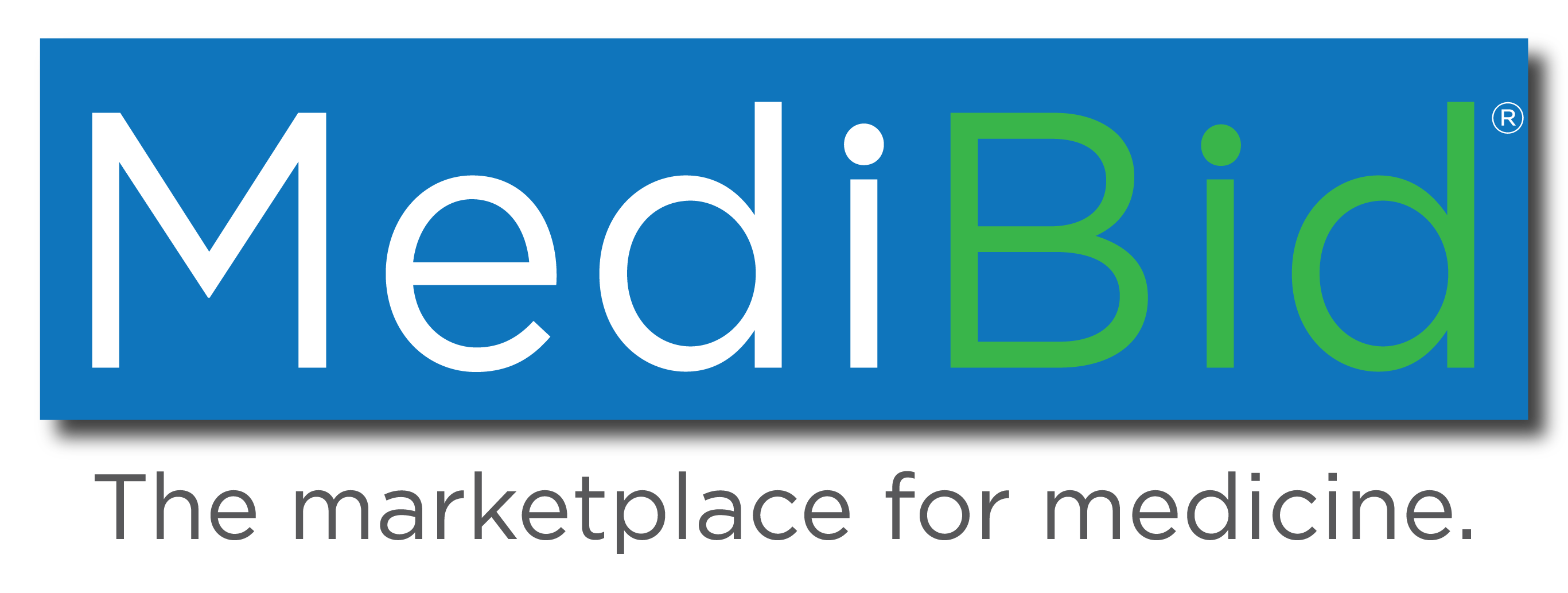
MediBid is a Valuable Resource for Medical Cost Sharing Groups
Medical cost sharing groups are growing in both number and size, both a result of growing health insurance premiums. When the Affordable Care Act, or ACA, was passed in 2010, about 200,000 U.S. citizens were part of medical cost sharing groups. In 2018, that number had skyrocketed to one million, and it continues to grow. Medical cost sharing groups and ministries are successful because they keep costs low for group members and tend to be more forthright about the medical expenses they share in and what they don’t. The added transparency and reduced costs have attracted employers as well, and some use it as an alternative to the high costs of traditional health plans.
As consumer and employer friendly as medical cost sharing is, though, there remain issues with compliance, and cost containment can always be improved. MediBid’s competitive marketplace resolves both concerns.
How MediBid Helps Medical Cost Sharing Groups Remain Compliant
An obstacle that many health insurance alternatives face is remaining compliant with the ACA. Employers are mandated to provide what is known as minimum essential coverage, or MEC. To be MEC-compliant, a plan must cover things like preventive care. This is where it gets complicated, as employers are not exempt from the ACA employer mandate, even if they provide options through medical cost sharing.
If an employer moves to a medical cost sharing model without providing MEC, they face a penalty of $2,500 for every full-time employee, after the first 30. In other words, if an employer has 100 full-time workers and is hit with the ACA employer mandate, they face at least $175,000 in penalties (70 x $2,500). For large employers, the mandate penalty can be extremely punishing.
It’s an easy mistake to avoid, though, and this is where MediBid comes in. In addition to a competitive healthcare marketplace, MediBid also builds creative plans for employers, including employers utilizing a medical cost sharing model.
Some of MediBid’s plans, like the UltraMEC, ensure an employer remains compliant with the ACA, without committing to a traditional health insurance plan. MediBid’s plans are tailored to fit the employer’s workforce, and they are simple to understand. For example, some of MediBid’s MEC plans cover a defined number of days at the hospital, or a defined number of doctor visits in order to reduce costs.
One of MediBid’s MEC plans, along with the use of a health savings account, will cover all of an employer’s bases, even if they are using a medical cost sharing model.
How Medibid Helps Medical Cost Sharing Groups Contain Spending
Employers that transition to a medical cost sharing model typically do so in order to reduce healthcare spending. According to the National Business Group on Health, a nonprofit research group based out of D.C., the per-employee spending on healthcare benefits is nearing $15,000 and will likely eclipse that number soon (if it hasn’t already). Solutions are needed to bring this spending back in line for employers, and medical cost sharing groups make that goal more attainable. Often using an UltraMEC, or a combination of an MEC and Healthcare Sharing can bring costs for a single employee down to $3,500 a year, and still remain compliant with the ACA.
MediBid makes it more attainable still, by using the power of a competitive marketplace to drive spending down further. When a group member submits a request for care on MediBid, providers respond with a bid that includes a single, bundled price for treatment. This price combines the cost of the physician, the facility and anesthesia, so nothing is left out, and guarantees that there are no surprise bills. Group members also have access to each provider’s profile, which includes their outcome history and any reviews left by former patients. Put it all together, and every group member has the price and quality information they need to make the smart, consumer-driven decision.
Every time a group member makes the smart, consumer-driven decision, it’s a win for the employer too. MediBid ensures this happens many times over, by providing direct contracting, bundled pricing and a marketplace that keeps costs down without sacrificing quality.
MediBid Can Also Provide the Right Incentives to Group Members
So, there are clear cost containment advantages, but the question remains: How do employers get their employees to leverage a marketplace like MediBid?
This is another obstacle that MediBid has resolved. Every plan can be designed with incentives that encourage group members to use MediBid’s marketplace and make a cost-optimal choice. For example, the plan may share some of the savings a group member secures through MediBid, to a defined limit. The employer and employee are both happy with this arrangement. A plan could also waive a deductible or reduce copays when MediBid is used. There’s room to be creative here and build incentives that employees are likely to respond to.
There’s a major convenience factor that comes with shopping online, and through MediBid, group members can browse through a world of medical providers, in a single afternoon. Compared to how it’s normally done, with patients guessing at the cost or having to spend days on the phone, it’s far less frustrating.
More than a million people have joined medical cost sharing groups, and as the U.S. transitions from the ACA, that number will probably increase a great deal more. MediBid is there to ensure those medical cost sharing groups remain compliant with regulatory language, and that they remain cost efficient.




